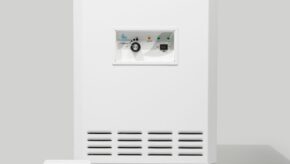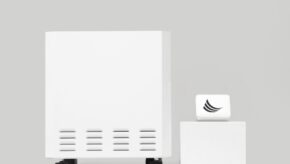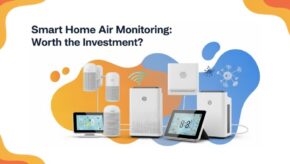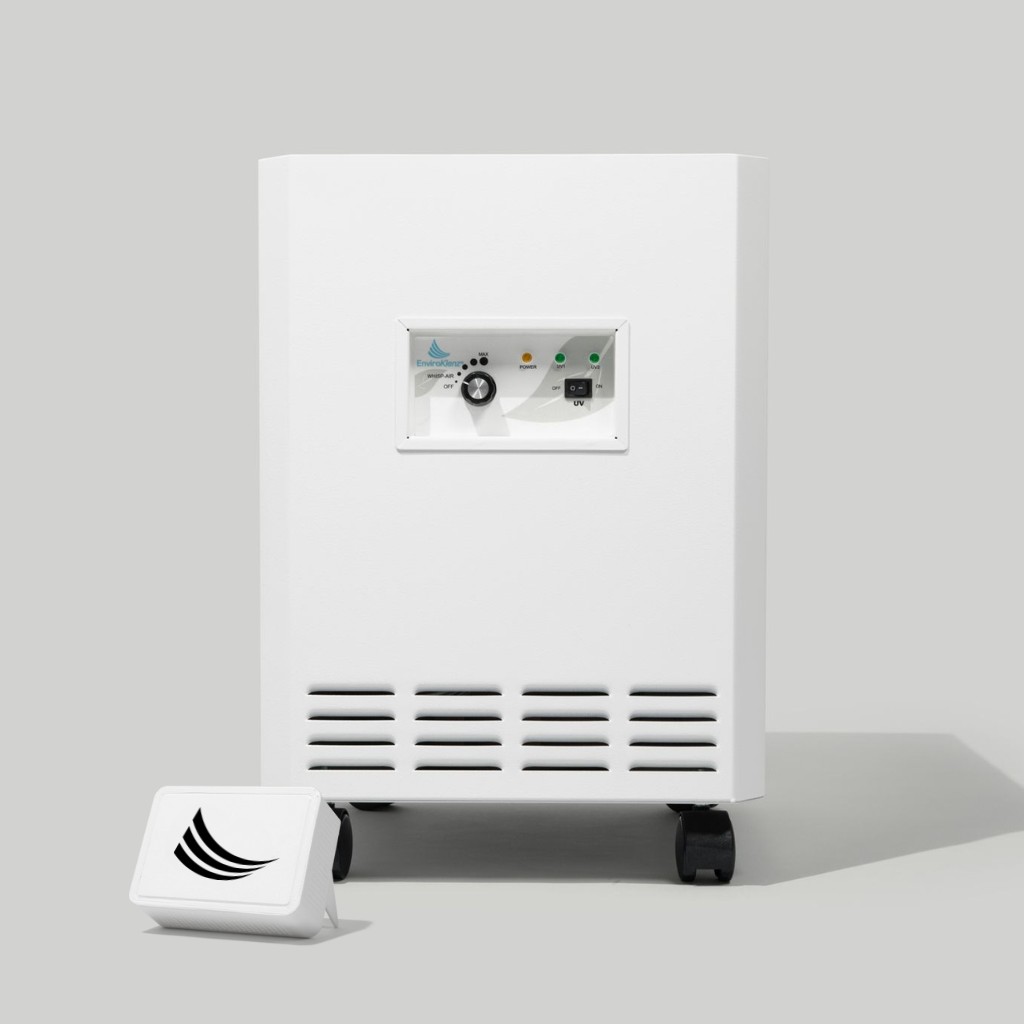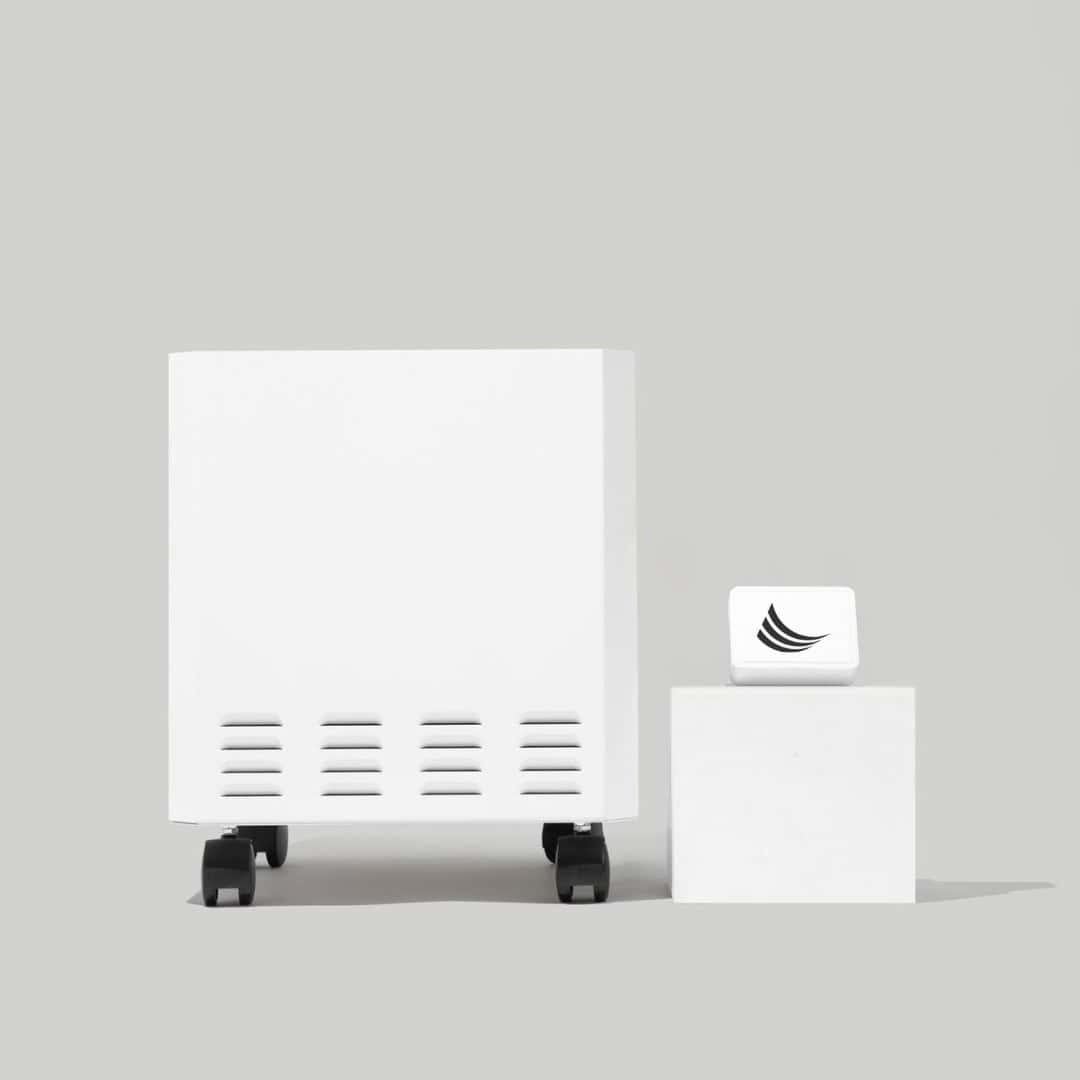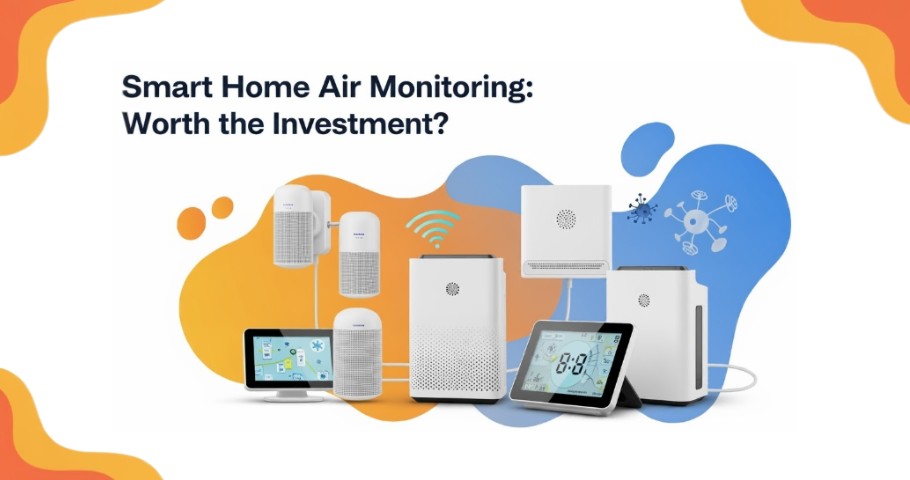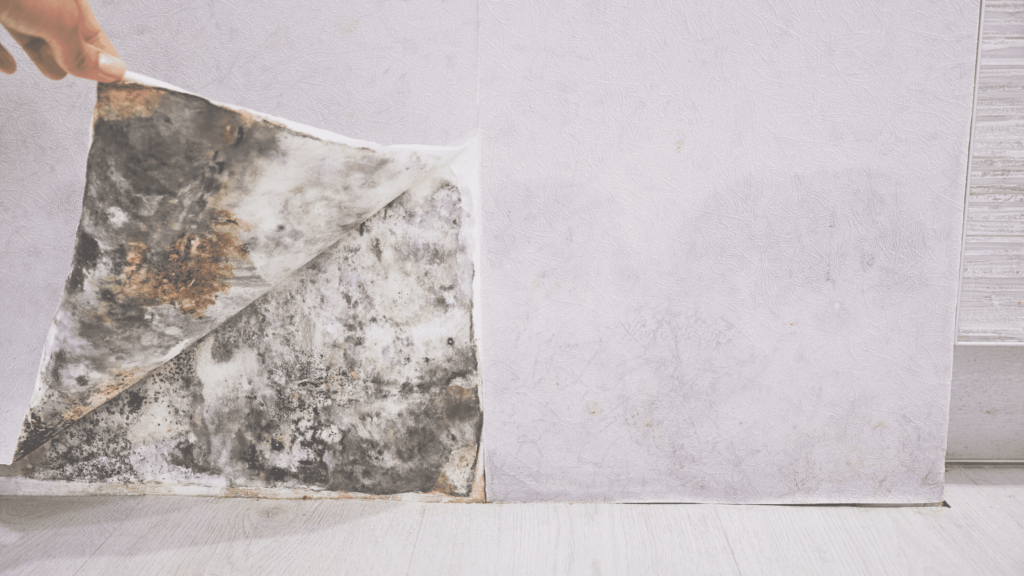Every so often, the topic of mold will pop up in the news, but the rest of the time, it is all but ignored for the majority of homeowners. They go on about their lives, oblivious that something might be growing in their basement walls. Although it seems like it is a more significant issue these days, the real truth about mold is that we are becoming more aware of it and its effects on human health. The EnviroKlenz team is ready to help you find out everything you need to know about mold in your basement!
In this article, we are going to learn why mold in a basement is such a common problem, what causes mold in a basement, what are the signs you have mold in your basement, and steps to get rid of mold in your basement.
Why is mold in a basement such a common problem?
Uncontrolled or unnoticed mold in a basement is a common problem, and there are several reasons for that:
- Most homeowners don’t spend much time in their basements. If you aren’t checking for problems, that’s when they pop up.
- Small leaks are usually less obvious in the basement.
- The signs of mold are often overlooked. Anyone who has ever walked into a basement, almost expects it to smell damp and musty.
What causes mold in a basement?
In order to know what causes mold to grow in a basement, we need to explore a little bit more about what mold is. Mold is a type of fungus that loves damp, dark environments and reproduces by sending spores (like seeds) through the air. Mold spores are naturally occurring in the environment. You bring them in from outside on your clothes, your shoes, and your hair, and when they are presented with an environment that lets them grow- they flourish and make thousands of spores every day. It is important that you pay attention to the most common signs of mold, including the quality of the air in your house.
What are the signs you have mold in your basement?
The commons signs that your basement has a mold problem vary from obvious to subtle depending on the severity of the issue. Sign you may have a moldy basement include:
Mold has a distinct aroma. It smells old, and the smell is often associated with basements.
No matter how small the patch, if you see visible mold growth, you will need a professional inspection. There is very rarely only one patch of mold growth. Mold may not look like what you expect it to either; not all of it looks like the mold on old bread. It could come in a rainbow of colors; it could grow in lines or circles; it could even have long hair-like projections.
Any time you have a flood or a leak in your basement, you have a higher risk of mold accumulation.
One of the more subtle signs that you have an ongoing mold problem is constant allergic symptoms from family members: itchy eyes, runny noses, persistent cough, headache. All of these can be symptoms of an ongoing and serious issue.
Although typically a water issue, condensation is the perfect breeding ground for basement mold.
Should I worry about mold in my basement?
YES! Mold in a home is a huge problem. Mold causes illness in humans and pets. Those with asthma are the most susceptible to breathing in spores, but even perfectly healthy lungs can suffer from it. Also, mold in your basement indicates that somehow, somewhere water is getting in. Aside from mold issues, water leaks can cause actual physical damage to your home.
How to get rid of mold in the basement?
Once you have determined that you have issues with mold in your basement, here is what you need to do to get rid of the issue and how to treat mold in the basement:
- Identify the source of the moisture and remove it. Depending on the situation, this may be as simple as patching an obvious leak or as complicated as ripping out a wall and replacing a pipe.
- Dry the area- To remove mold, you will need to remove the residual moisture it needs to survive.
- Make sure there is plenty of clean, circulating air. Mold thrives in a stagnant environment, so proper and clean ventilation is essential. The EnviroKlenz UV Air Purifier contains a 2-stage filtration system to give you the cleanest air possible.
- Sanitize to remove the spores. Mold spores are notoriously difficult to remove, but there are many commercially prepared chemicals used for cleaning mold in the basement.
- Call in a professional mold remediation service. If the problem is larger than you can handle on your own, you may need to call in a mold removal specialist.
Mold growing in a basement indicates that there is a problem with water or moisture. This is the first problem to address and hiring a professional to mitigate or treat the source contaminant is highly recommended.
The EnviroKlenz Air System Plus is commonly used during and after the remediation process for source capture and odor removal. In addition to removing harmful spores and particulates, the EnviroKlenz Air System Plus works to destructively adsorb the Mold Generated VOCs. The reaction all takes place within the EnviroKlenz patented earth mineral cartridge and no harmful byproducts are released back into your environment.
UV Mobile Air System
✓ Patented earth mineral technology works to attack VOCs and break them down on a compound level
✓ No chemicals or masking agents
✓ Will not release any chemicals back into your environment
✓ UVC lamps are continuously shining on the collected organisms with high destruction efficiency
EnviroKlenz® Medical Disclaimer:
“Any information that is provided on this website is not for the use by any commercial or personal entity without expressed written consent of the blog author. The material and statements illustrated within this blog are not intended to diagnose, treat, cure, or prevent any diseases or medical conditions. Nor does the author in any way guarantee or validate the validity, totality, or efficacy of any claims and will therefore not be held responsible for the content of any claims. Always consult your medical physician for any specific medical advice or recommendations.”
